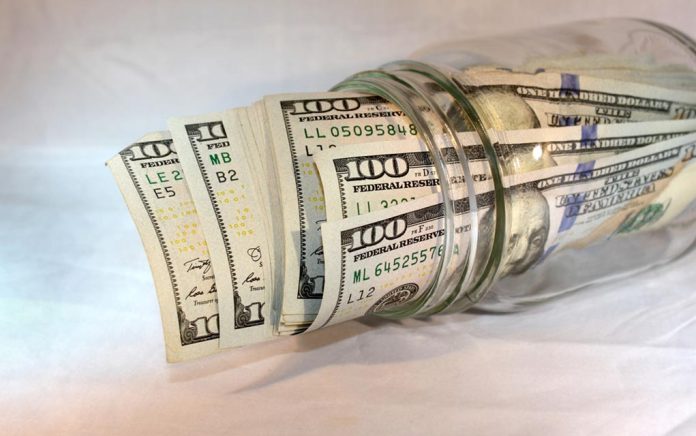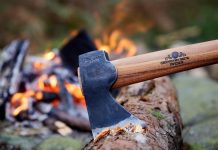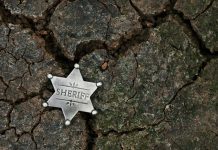(SurvivalDaily.com) – For many Americans, gathering funds is about immediate survival, not future extremes or retirement. But an emergency survival fund can turn into a healthy retirement fund, and a survival fund does not always come in the way of cash. That’s just one reason why anyone who is financially savvy will tell you the key to financial health isn’t necessarily hitting that one great investment on the stock market, but diversification in wealth management all together.
Dismal Financial State
The Federal Reserve offers several financial reports that give a startling glimpse into American finances. One of these is a breakdown of financial statistics by race, but that data can also be used to present an overview that’s somewhat alarming. Here are a few of the numbers that may serve as a wakeup call for some:
- 13% of Americans have either zero or negative net worth.
- 57% of the population doesn’t have a retirement account.
- Only 10% of the US has any business equity.
- 8% of the population holds more than a 40% payment to debt ratio.
What this information tells us is a good portion of the population not only isn’t prepared for the future, but is barely making it through the present. So, what does prepping for an uncertain future look like?
Tip: It may not only be in the form of cash.
Diversification in Wealth
When we talk about prepping for the future and diversification, we’re not just talking about spreading your savings through different avenues. While a healthy stock portfolio is certainly a commodity in normal times, what happens when the SHTF and for even a limited time, you can’t access those funds?
Savings or Debt?
First of all, do invest a portion of your income in savings, but don’t underestimate the value of paying off debt as compared to savings. The more debt you have, the more interest you pay. Spending $10k to pay off debt might actually be more valuable than putting $10k in savings. Why? Because if you don’t pay it off, it’s always there, but if you do pay it off and you need an emergency fund, you’re more likely to have access to credit if you need it. And remember, in either of these scenarios, the banks are opening and functioning as usual. That means your credit options are every bit as valuable as your bank account.
Assets
Let’s say you have a healthy savings account AND all your debt is paid off. You even have a bit of cash stashed at the house. Then, there is an EMP, stock market crash or other disasters that either makes it impossible for you to access your funds or devalues your funds to an extreme degree. What other wealth do you have to survive on?
This is where your assets come in handy, and we aren’t just talking about your house or car. You need shelter and a mode of transportation, so it may not make sense to trade these, but even these items can have value as pay-to-use items. What you really need are renewable resources, and they come in many forms.
- Knowledge. What do you know how to do that can create valuable physical commodities or you can teach in trade for a lesson on something new to you? In times like these, you’ll be shocked and despaired to learn how many people can’t do simple things like build a smokeless fire. This can turn your knowledge into a valuable commodity.
- To some, your overgrown backyard with various metal bits and pieces poking out may look like a worthless mess. To those who are mechanically inclined or know how to work with metal, it’s a goldmine. On top of that, it’s a well-camouflaged one that most people don’t know how to use.
- A hobby farm is a great way to put a few healthy meals on the table, stay in touch with nature and entertain the kids. When the SHTF though, it’s a safe place to keep the traumas of the world outside at bay.
- Weapon collections might impress your friends, but when it comes down to it, they might also mean you have the best arsenal around. Those weapons can be used to trade and barter, but also keep your home safe.
- Don’t underestimate your craft skills. People may not be looking for dollies, cross-stitch hangings or DND terrain, but they may be looking for someone who can tie the right knots and who not only knows how to create a camouflage scene, but also has the tools to do it.
In short, while you may be tempted to dive into a new financial portfolio and learn as you go, the smarter bet might be to look at what you’re most interested in and really dive into THAT. Your physical assets and skills are just as valuable (and sometimes more so) in a survival situation as a 401k. That being said, do your best to accumulate at least enough savings to be able to survive financially for six months to a year with no income.
~ Copyright 2021, SurvivalDaily.com

















